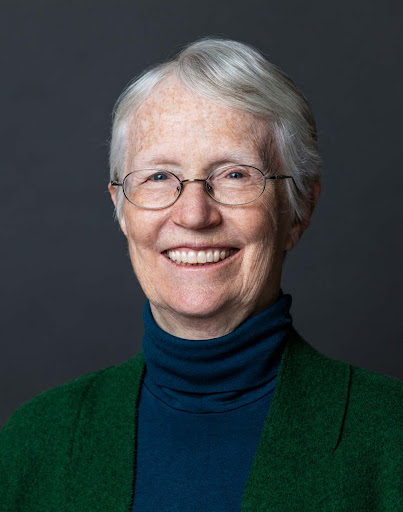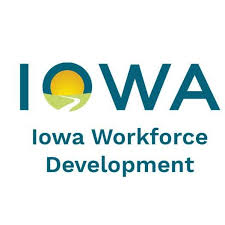NASA climate change scientist named 2022 World Food Prize laureate

A NASA scientist who has been a leader in research that shows the effect climate change has on global food production was named today as the 52nd recipient of the World Food Prize.

An agronomist and climatologist, Rosenzweig is credited for her pioneering work in modeling the impact that climate change has on global food production. As the founder of the Agricultural Model Intercomparison and Improvement Project (AgMIP), Rosenzweig has led research that has advanced methods of predicting the performance of food production as it adapts to a changing climate.
Work done by AgMIP has provided science-based data used by decision-makers in more than 90 countries that are working to mitigate the effects of climate change.
Rosenzweig will receive the $250,000 World Food Prize during the 2022 Borlaug Dialogue in Des Moines on Oct. 20.
During today’s ceremony, World Food Prize Foundation President Barbara Stinson said Rosenzweig has made “global contributions to climate change modeling for transforming food systems.”
“She has spent four decades cultivating our understanding of biophysical and socioeconomic impacts that climate change and food systems have on each other, improving the methods we use to predict these trends,” Stinson said.
Stinson said Rosenzweig’s work has driven strategies to curb climate change while also enhancing sustainable food production.
“She has been a leader in the field of food and climate since the early 1980s when she carried out some of the first studies on how climate change would impact food production in North America,” Stinson said. “She quickly escalated this work and elevated to global studies, incorporating economics, social research using agricultural science, and climate modeling to better understand and predict trends. She was one of the first to document the impacts of climate change on our food supply.”
Stinson said that as a farmer herself, Rosenzweig understands the importance of focusing on farmers in agricultural research, “as both the most important beneficiaries of the research and custodians of practical indigenous knowledge.”
Rosenzweig’s work is especially critical today as the world faces “unprecedented challenges in global food security,” Stinson said.
“With the war in Ukraine, escalating food prices, food availability and access challenges and the ongoing impacts of COVID-19 and climate changes, this impacts our world’s hungry, poor and vulnerable the most,” she said.
Jose Fernandez, the U.S State Department undersecretary for economic growth, energy and the environment, said more than 160 million people worldwide experienced acute food insecurity in 2021, with millions more on the brink of falling into food insecurity because of the war in Ukraine, a major supplier of the world’s wheat and corn in a global market already negatively affected by climate change.
Fernandez said Rosenzweig’s work has helped the world better understand the problems it faces today by being able to better predict rising temperatures, extreme weather and how carbon dioxide affects food production and quality.
“The work she’s done for NASA, for the United Nations and the U.S. Congress has empowered lawmakers and policymakers to make smarter decisions to protect agriculture against the changing climate,” Fernandez said. “We’re grateful for her pioneering work and we’re proud to be an ally in this fight.”
Tom Vilsack, U.S. secretary of agriculture, said Rosenzweig “embodies the leadership, innovation and experience necessary to face the intersecting challenges of global hunger and the climate crisis and to empower agriculture to be a meaningful solution.”
He said her experience first as a farmer gave her the experience that set her on the path to her work discovering what will happen to food supplies when climate changes so rapidly.
“She has been on the cutting edge of using modeling to predict outcomes,” said Vilsack, who served as Iowa’s governor from 1999 to 2007 and previously served as agriculture secretary in the Obama administration.
He said Rosenzweig’s work will have long-lasting effects on the world’s fight against food insecurity and poverty.
“This type of interdisciplinary work has and will continue to aid USDA in making investments and decisions as we develop climate smart agricultural approaches, and build on a greater understanding of the impacts of climate change on our food systems,” Vilsack said.
The World Food Prize was founded in 1986 by Norman Borlaug, who won the Nobel Peace Prize in 1970 for his work to improve the world’s food supply. Borlaug, a Cresco, Iowa, native who was known as the father of the “Green Revolution,” died in 2009.
Rosenzweig did not speak during today’s announcement, but she is scheduled to participate in a “Live with the Laureate” webinar on May 26.
Photo provided by the World Food Prize Foundation










